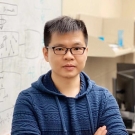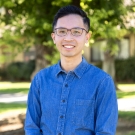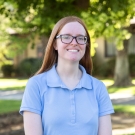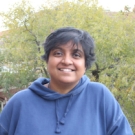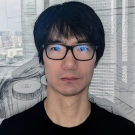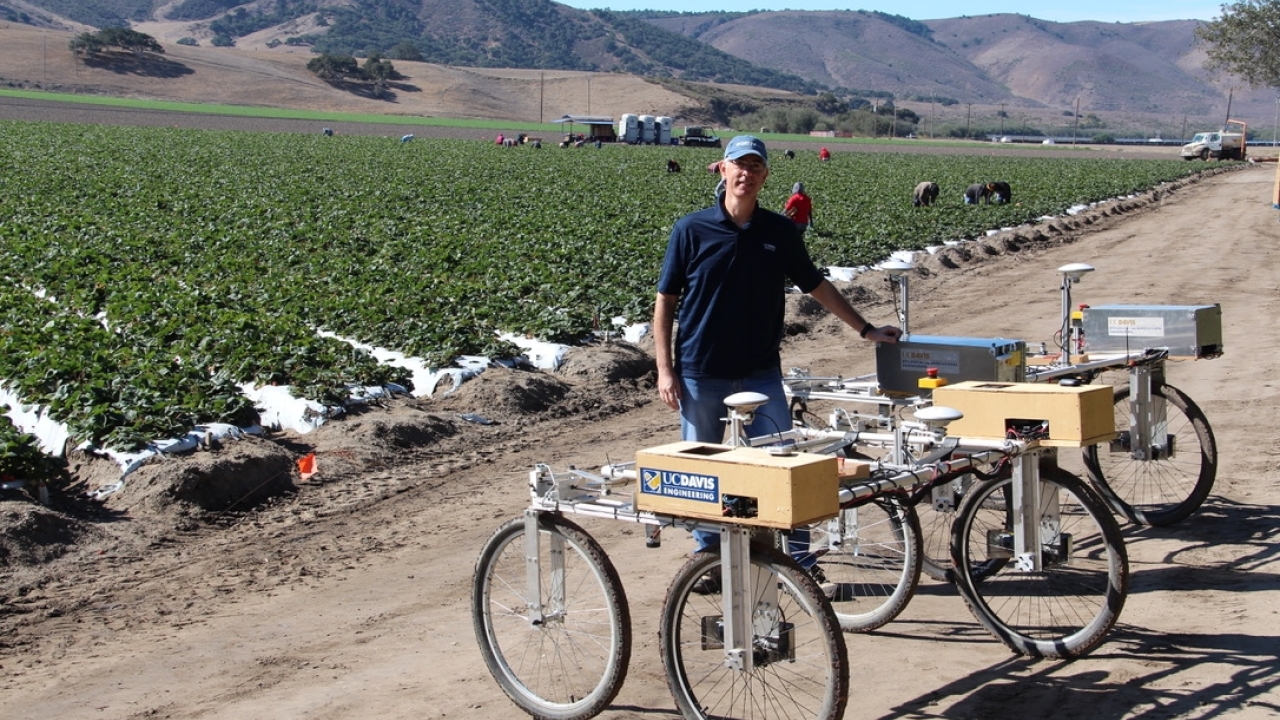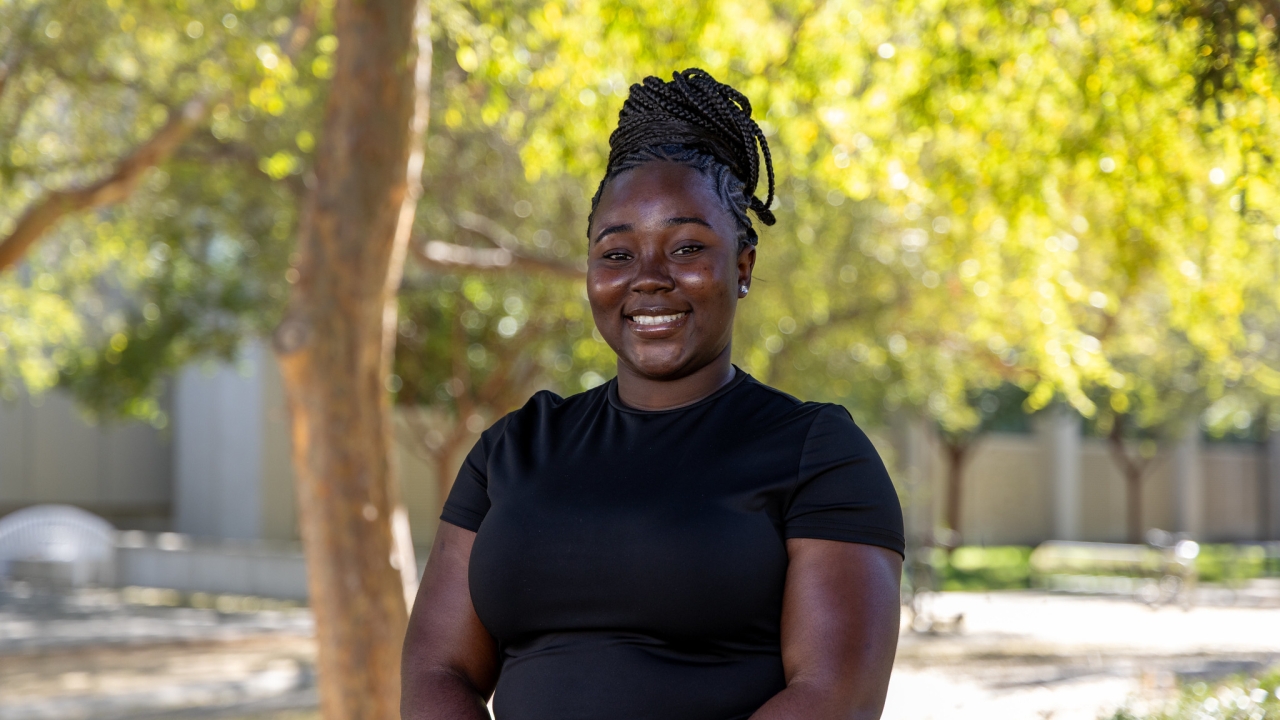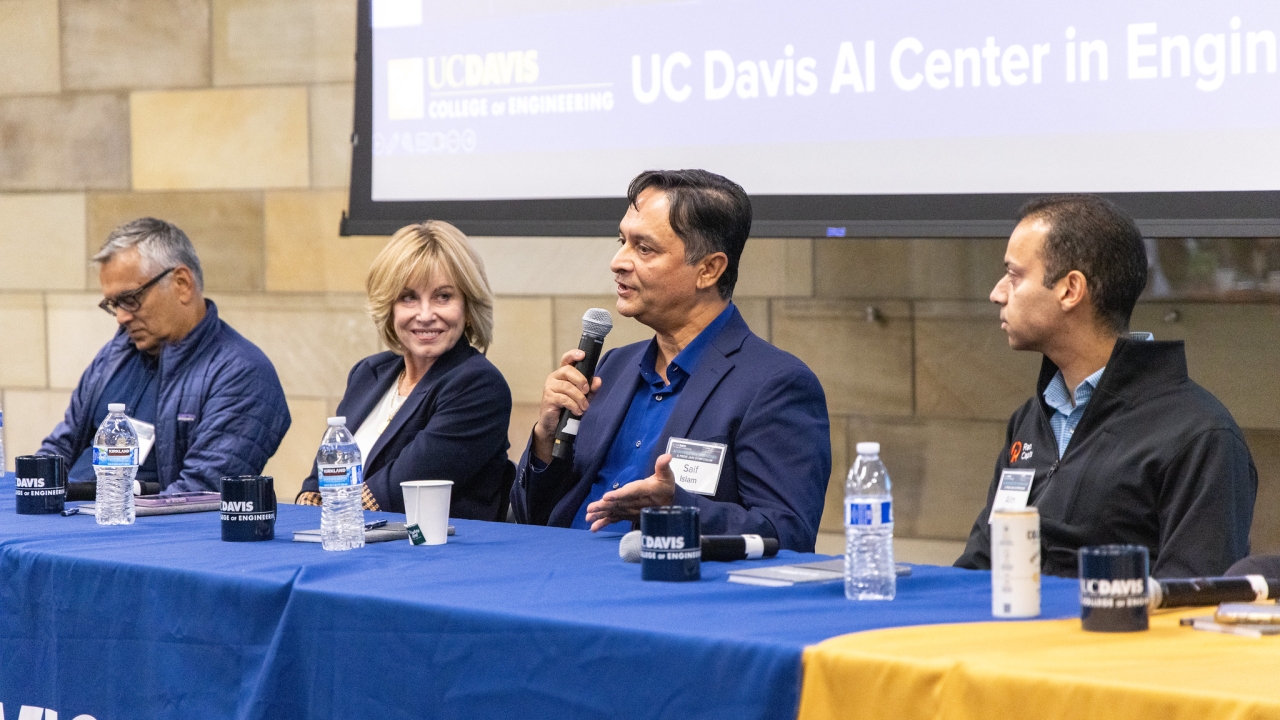5 New Faculty Join Department of Computer Science
The University of California, Davis College of Engineering has hired five new faculty members to join the Department of Computer Science this fall. The assistant professors will investigate increasing memory and energy efficiency in software, improving security and system performance and how large foundational models can be used in fields like psychology and agriculture.
Lifu Huang
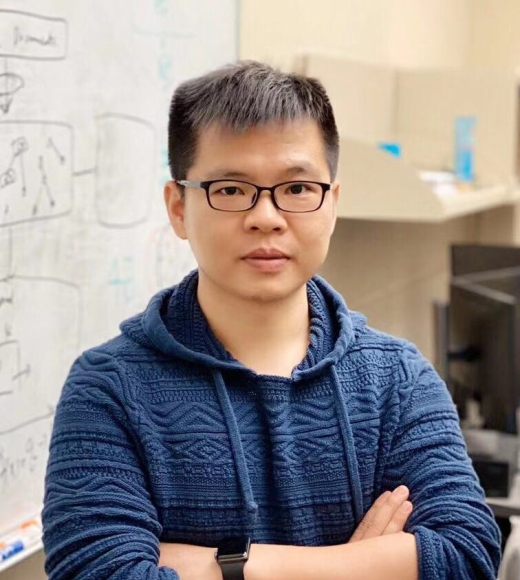
Assistant Professor Lifu Huang is interested in developing efficient models and benchmarks to foster machine intelligence at a human level and delving into the fundamentals, understanding, enhancement and future potential of large-language models and vision-language models.
When considering whether to join the computer science faculty at UC Davis, Huang recognized a unique opportunity to contribute to and expand the university's growing strength in AI research and benefit from the abundant opportunities for collaboration within the department and across the UC system.
"The department has several top experts in my different research areas, allowing me to uniquely position my work and collaborate with faculty within the department and throughout the UC system," he said.
Last year, while serving as an assistant professor of computer science at Virginia Polytechnic Institute and State University, Huang received a National Science Foundation CAREER award for early faculty. The grant is providing a foundation to develop new techniques and paradigms to extract structured knowledge from unstructured texts without human assistance. For instance, a model could independently compile crucial information about a natural disaster or a global pandemic from articles that may not have complete knowledge about the event. He will continue that research at UC Davis.
Huang earned his Bachelor of Science in software engineering from Northwestern Polytechnical University, his Master of Science in computer science from Peking University and his Ph.D. in computer science from the University of Illinois at Urbana-Champaign.
Jasper Lee
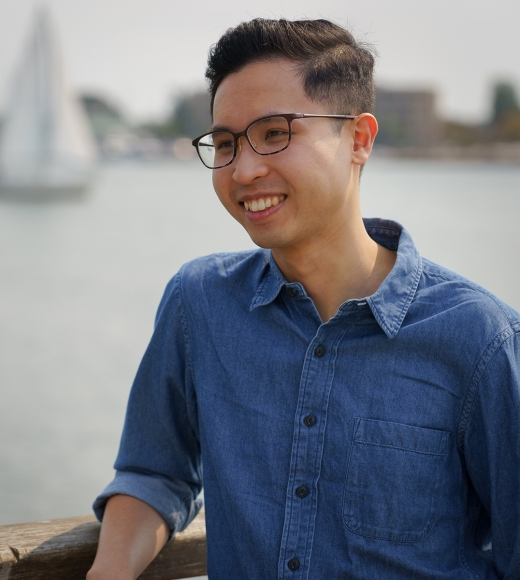
As a child, Jasper Lee always wanted to understand the fundamental workings of the world. Now an assistant professor in the field of theoretical computer science, he is pursuing that goal using tools from computer science, statistics and math.
"The fields of theoretical computer science and statistics are both getting at a fundamental question: How do we make best use of the limited resources given, and what are the hard limits of what we can and cannot do?" he said. "Given a bounded amount of computational resources like time and memory, what problems can we solve under such resource constraints? Similarly, given some number of samples drawn from a distribution, what is the most information we can infer about the distribution from the samples?"
In a recent paper, Lee and his collaborator introduced a new tool for estimating a population using random samples. The tool has proven to deliver the highest degree of accuracy possible; the conventional method of taking the average of the data samples as an estimate is susceptible to significant misestimation. The methods Lee used to create this tool could help solve other problems in statistics and theoretical computer science.
Prior to joining UC Davis, Lee did postdoctoral research at the University of Wisconsin-Madison. Lee earned his Bachelor of Arts and his Master of Philosophy in advanced computer science at Churchill College at the University of Cambridge, and his Ph.D. in computer science at Brown University.
Amanda Raybuck
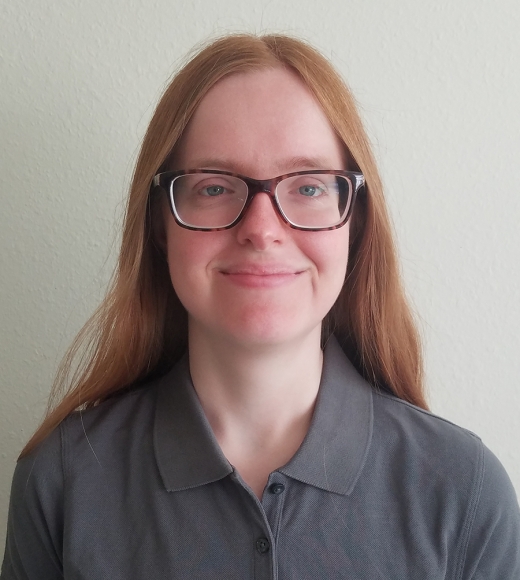
Growing up in Las Vegas and with family still there, Assistant Professor Amanda Raybuck sees firsthand how precious a commodity water is.
"Las Vegas gets its water from Lake Mead, and the water levels are dropping pretty drastically," she said. "At the same time, I read about all these new data centers being built and the amount of water that goes into powering and cooling them. I want to make sure the energy and resources that go into these things are being used responsibly."
To help this happen, Raybuck investigates ways to increase the efficiency of data center software, particularly with memory. Hardware developers are creating new memory technologies, like Compute Express Link, or CXL, which is a way to increase the memory available to a server. However, software systems like Linux — which power a significant portion of the world's digital infrastructure, including the world's top supercomputers and most of the internet — aren't well-equipped to handle these emerging technologies. She aims to push the boundaries of what software systems can handle and look into these new technologies to discover how memory shared between multiple machines can be managed.
Raybuck also plans to investigate how to make software more energy-efficient and aware. For instance, if there is a data center hooked up to a solar farm, more systems could run in the middle of the day when the sun is at its peak to take advantage of that energy.
Raybuck received her Bachelor of Science degree in computer science from the University of Nevada, Las Vegas and her Ph.D. in computer science from the University of Texas at Austin.
Tapti Palit
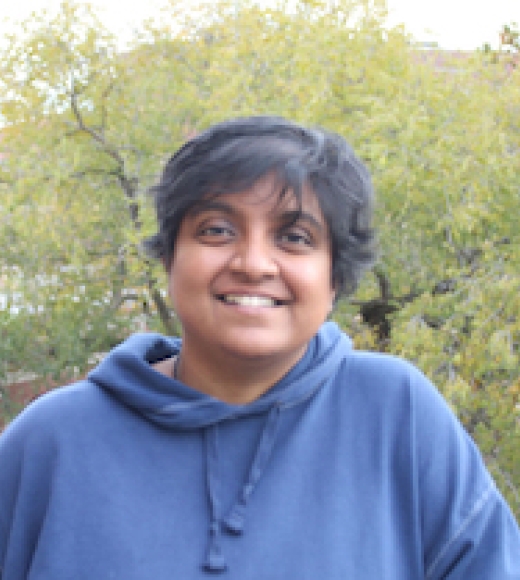
Assistant Professor Tapti Palit understands the importance of securing sensitive user data.
"All of us trust all our sensitive data to these cloud services, and then we don't know what's happening with that data. Software security is something I care about," she said.
Palit aims to improve software security and system performance by leveraging novel insights in the software security, program analysis and systems domains. For instance, Palit will continue research on Configuration-to-Code, a technique she developed that automatically reduces the security risk posed by the code of disabled features in software applications. She is investigating how to use the same mapping to improve system performance.
She will also work on developing automated tools to convert code written in legacy languages like C and C++ into newer memory-safe languages like Rust that don't have the same memory corruption vulnerabilities that older languages have.
In addition to her research, Palit is looking forward to participating in DEI initiatives, like enlisting as a faculty mentor for the McNair Scholars Program, which prepares first-generation and underrepresented students for doctoral studies.
Palit earned her Master of Science and Ph.D. in computer science from Stony Brook University, after which she joined Purdue University for postdoctoral work as a CRA Computing Innovation Fellow.
Zhe Zhao
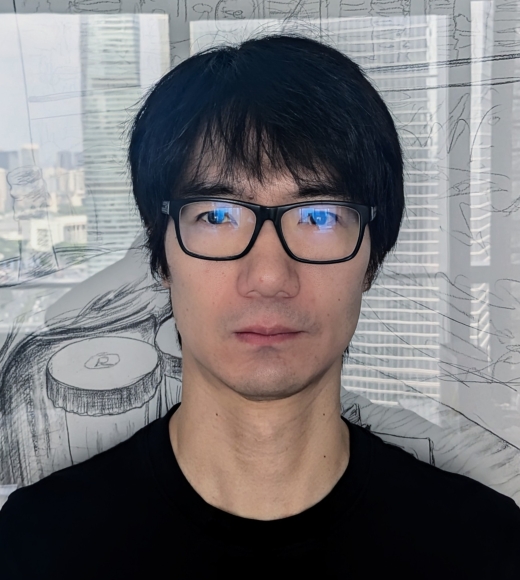
Zhe Zhao is joining UC Davis as an assistant professor after nearly a decade as a research scientist for Google investigating deep learning artificial intelligence. During that time, he conducted research on multi-task deep learning, led multiple research projects on machine learning for recommendation systems and collaborated with engineers to improve Google products.
Zhao is looking forward to digging deeper into large foundational models, or LFMs, which are models instructed on huge data sets. He is particularly interested in making them accessible to a wider array of people and industries, including agriculture, veterinary medicine, plant sciences and psychology, as well as finding out how LFMs can serve users in those fields. As a top agriculture and veterinary institution, UC Davis, Zhao says, is uniquely appointed to facilitate such collaborations.
"I want to get a very deep understanding of real-world problems, turn them into a computer science problem that can be solved, and then apply that to the real-world problem," he said.
Zhao earned Bachelor of Science degrees in computer science and applied mathematics and a Master of Science in computer science from Peking University in China. He earned his Ph.D. in computer science from the University of Michigan.
Media Resources
- Jessica Heath, Content Specialist, jesheath@ucdavis.edu

